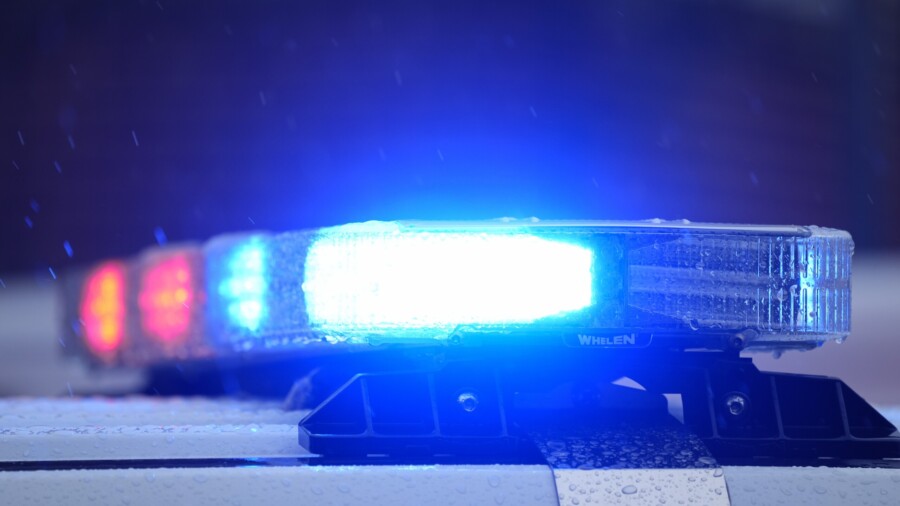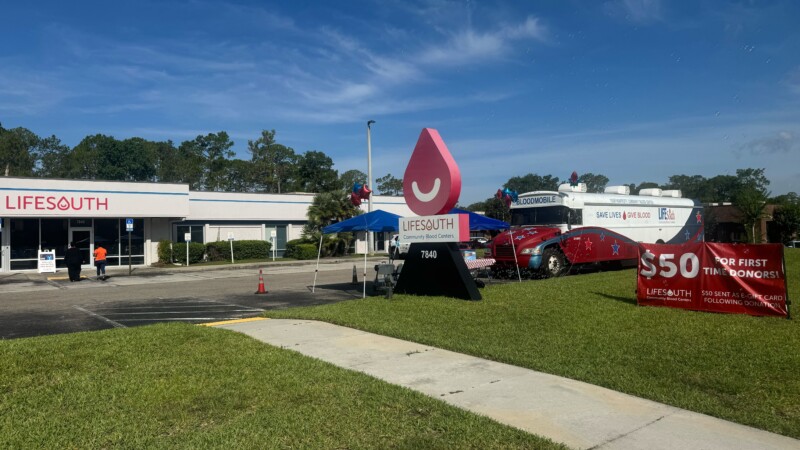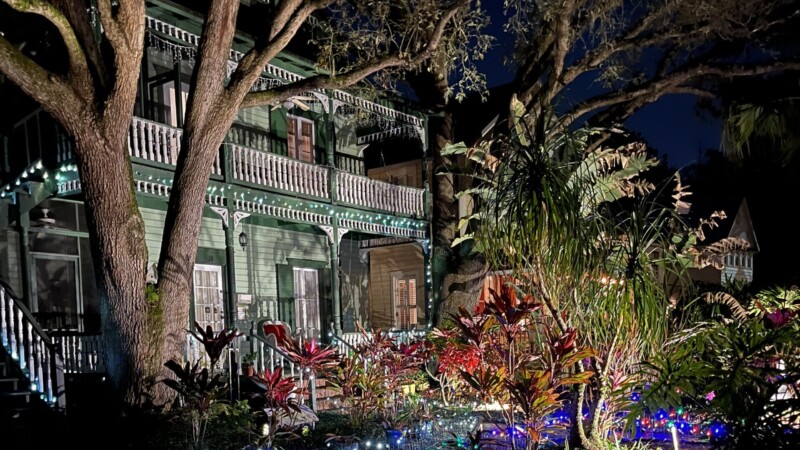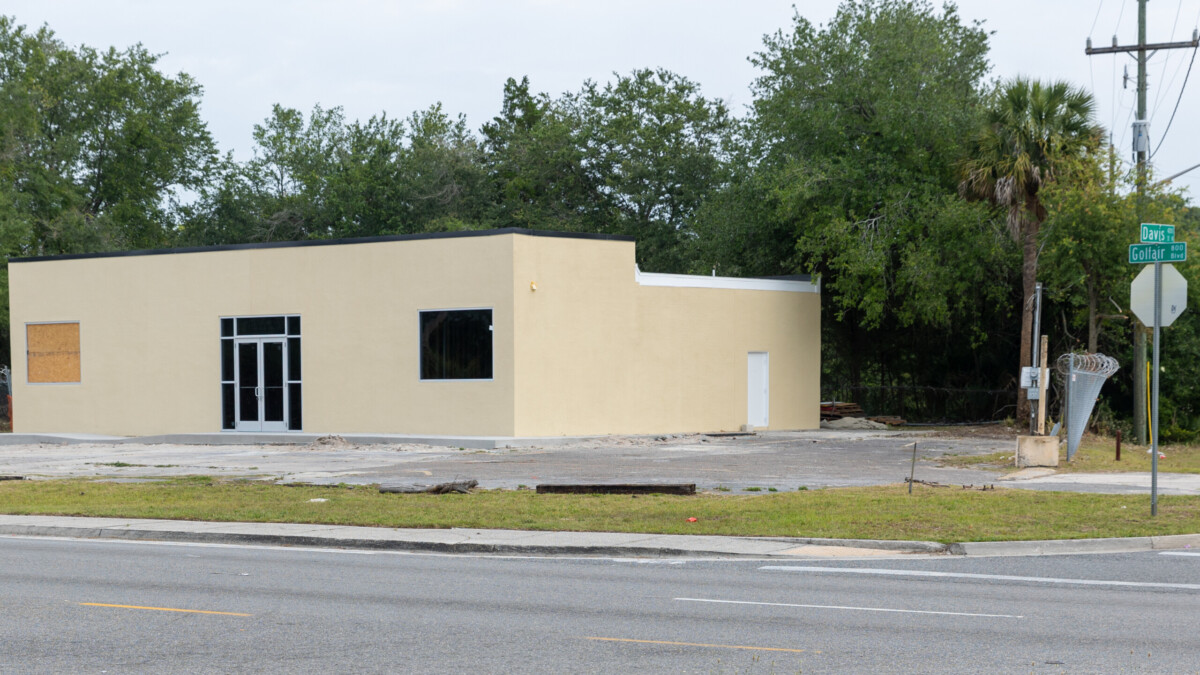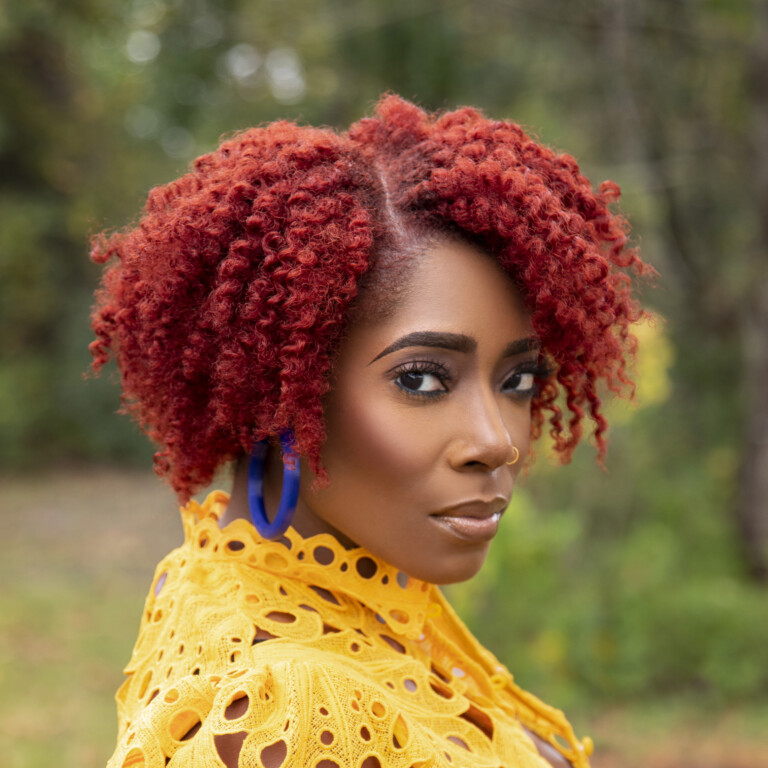
I wanted to write this column about American Fiction. It’s a film based on the novel Erasure by Percival Everett. It finally opens nationwide this Friday though it first became available to theaters December 15. I wanted to write about how the piecemeal release of this film reminded me of how Black actors’ and actresses’ singing and dancing scenes were cut from film when they played in the South during the height of Jim Crow. I am thinking specifically of Lena Horne. I wanted to write about how the erasure of Black characters’ cultural contributions in Hollywood in the 30s, 40s, and 50s reminds me of the book bans and American history debates that are happening now.
I wanted to make connections to Florida’s tragic status as No. 1 in the nation for book bans, with Clay County leading the way among the state’s 67 school districts. I wanted to parallel and draw juxtapositions between the release of the film, the banning of books, and the recent removal of the Confederate statue from Springfield Park.
But then I was stopped by the police.
Friday night I was in Murray Hill at the L.O.V.E. C.U.L.T.U.R.E. listening party at The Walrus. I parked across the street from the Edgewood Avenue bar. When I left, instead of walking to the corner to cross I decided to jaywalk. Dangerous yes, but not illegal. In wide leg, hot pink linen pants, a white ribbed tank top with detached knit sleeves, and six-inch heels, I looked both ways before I stepped off the curb. My left was clear. To my right there were cars coming, I could see their headlights, but my perception told me they were far enough away that I could safely stride across the street. I stepped off the curb. When I reached the large yellow turn lane in the middle of the avenue I began to see bright lights, followed by blue and red flashes, and then the horn. I stared at the police car as it sped toward me seemingly from out of nowhere. I stepped back into the turn lane and it seemed like the police car swerved toward me there. I stepped forward, and it seemed like the police car swerved toward me there. I stepped back into the turn lane, frozen. The car sped past and then screeched to stop. I was beginning to continue to cross the street when the officer (white, male, bearded, and in a baseball cap) jumped out of the car with his hands on his waist belt and yelled, “If I hadn’t swerved, or slowed down, or stopped, I would have hit you.”
There was anger, aggression, rage in his voice.
I stammered a response. I don’t know if it was intelligible or if I even made words.
He yelled again, “Use the crosswalk that’s designated.”
“Okay,” I said.
He glared at me.
I looked at him.
He yelled, “Do you understand me?”
Anger. Aggression. Rage.
I looked to see where his hands were. I answered, “Yes, sir.”
He got back in his car and sped off. I crossed back across the street to the bar and walked to the corner. I waited for the light to change and crossed the street, stumbling over my feet twice. As I approached my vehicle, two other women approached me, one Black, one white. The Black woman spoke: “We saw what happened and we just wanted to check on you because that wasn’t cool.”
I shrugged, said, “I’m good. It’s okay. I wasn’t trying to die tonight.”
She asked again, “Are you sure?”
I repeated, “Yeah, I’m good. I’m just not trying to die tonight.”
I didn’t know that was the thought that ran through my mind until I gave voice to it.
I’m not trying to die tonight.
When the women left me, I got in my car and called a friend who I had been texting throughout the evening as I made my way home. She wanted to hear about the listening party, I told her it was great, the album was great, but, “I am not okay.”
As I recounted the story, tears formed in my eyes. One rolled down my cheek. Internally I chastised myself for ruining my makeup as anxiety bugs fluttered my belly and my muscles and organs trembled beneath my skin.
We talked for two hours about my encounter, the system of policing, and abolitionist principles, all interspersed with updates on our personal and professional lives. When we got off the phone at 2 a.m. I went to sleep and prayed that it would be restful.
It wasn’t.
I woke up at 5:46 a.m. Saturday morning, belly fluttering and skin trembling. I leaned into my spiritual practices hoping to shake the feeling. I scrolled social media. I watched old interviews and videos of my favorite artist. I read the last two chapters of a book. It made me cry. I listened to music. The songs made me cry more. My belly settled. My skin stilled. I released the fear and it was replaced by sadness. One I can only articulate as my realization that I am afraid of the police.
I spent 11 years as a television news producer, eight in Jacksonville. For seven of those years, the biggest stories in the country were the killings of Black boys, Black men, Black girls, and Black women, many times at the hands of the police.
Trayvon, Jordan, Tamir.
Aiyana, Sandra, Rekia.
Alone in my bedroom, crying Saturday morning, my overactive writer imagination catastrophized about everything that could have gone wrong that could have led to my death, leaving my children motherless, my work unfinished and unpublished, my life reduced to a hashtag and probably blamed for my own death because I chose to jaywalk. As I processed and released my feelings, I thought about what I wanted to write about: American Fiction, and how the title of that film sums up America in reality.
The narrative of the world’s first democracy, born out of revolution, made up of immigrants, and turned into the greatest nation on Earth, where freedom, liberty, and rights are the foundation of how we govern ourselves is fiction.
The freedoms, liberties, and rights our country was founded on did not apply to everyone in the country at its formal inception in 1776. They still don’t in 2024. Our system of government and the laws passed meant to establish order do more to surveil, hurt and harm those least like the founding fathers than they do to protect, uplift, or encourage all people who are created equal.
This is America in which some revel in freedom while others are ruled by fear.
Friday night, in the middle of Edgewood Avenue, I was ruled by fear. I didn’t want my mistake, my bad depth perception, or my miscalculation of time and space to lead to my maiming, manslaughter or murder.
I wanted to live, so I tried to show deference and respect in my “Yes, sir.” I tried to make myself the least threatening as possible though I’m only 5 feet, 4 inches — 5 foot, 10 in my heels — and carried a small clutch purse that barely fit my phone.
Saturday morning, alone in my bedroom, sad songs setting the background for the end of my emotional suppression, I cried out my Friday fears, the traumas I absorbed from working in television, and the heft of history imprinted on my skin.
My body was in flight mode and I wanted to escape. I wished I could see a movie and forget for two hours but what I wanted to see wasn’t playing. I was reminded that the slow roll-out for American Fiction is reminiscent of the ways in which some people rally for reform—a piecemeal approach to gradual change—than radical transformation that favors obliterating broken systems and having the courage and imagination to begin again.
That is a thought inspired by the book I finished Saturday morning in the midst of my tears: Black Women Taught Us: An Intimate History of Black Feminism by Jenn M. Jackson, Ph.D.
In it she writes, “White supremacy and anti-Blackness in the larger world create an environment where Black people are so often asked to be perfect, to be angels without flaws, that the possibility of making a mistake in public feels like a catastrophe waiting to happen.”
When I read that sentence Saturday morning I was actively trying to stop my mind from catastrophizing about what didn’t happen. I was alive. Alive to cry. Alive to listen to music. Alive to read. Alive to write.
I finished the book weepily but resolved about how my encounter with the police fits into the the unabridged version of American history and my specific place within it. What I know is that this land of the free and home of the brave is an American fiction. Who we think we are, who we purport ourselves to be on the world stage, we have never even seen. Not even a memory in the making.

Nikesha Elise Williams is an Emmy-winning TV producer, award-winning novelist (Beyond Bourbon Street and Four Women) and the host/producer of the Black & Published podcast. Her bylines include The Washington Post, ESSENCE, and Vox. She lives in Jacksonville with her family.


